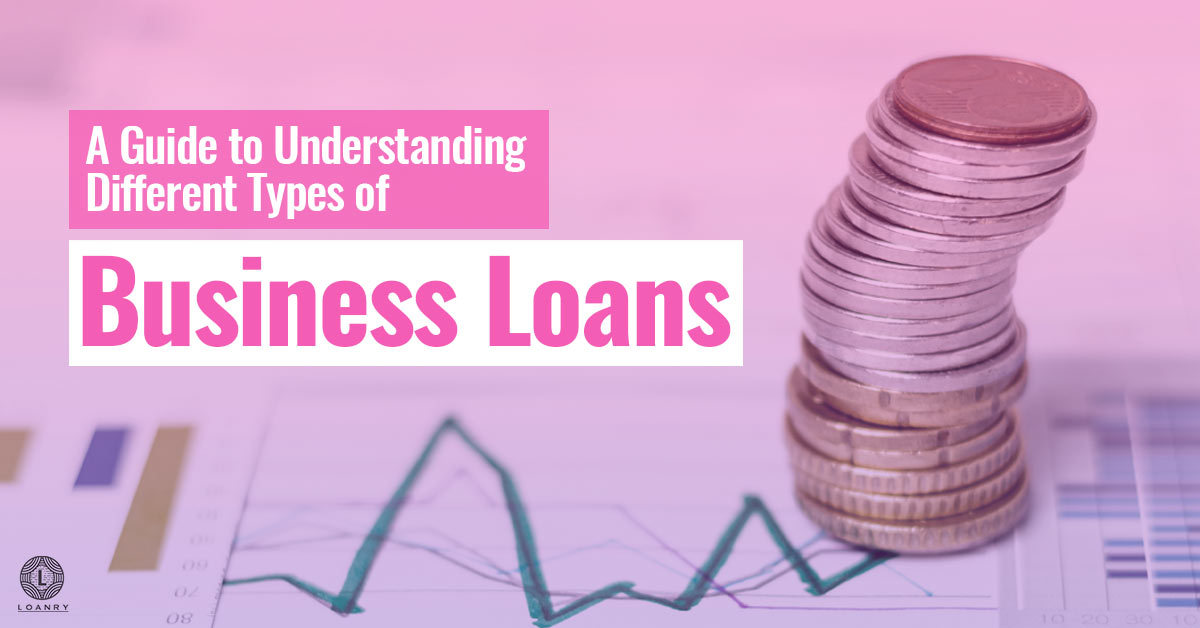Securing the right business loan can be a game-changer for entrepreneurs looking to grow their operations. Whether you’re a startup founder or seeking to purchase an existing business, understanding the variety of loan options available is crucial. This guide will walk you through some popular business loan options, including an SBA loan to buy an existing business for $1.9 million.
SBA Loans
Small Business Administration (SBA) loans are a popular choice for entrepreneurs. These loans are partially guaranteed by the government, which can make them more accessible to business owners with limited credit history or collateral. One specific type is the SBA 7(a) loan, which can be used to buy an existing business. If you are considering purchasing a business for $1.9 million, an SBA loan might be an ideal option due to its favorable terms and interest rates.
How to Qualify
To qualify for an SBA loan, you’ll need to meet specific criteria, including a solid business plan, sufficient cash flow, and a good credit score. It’s also essential to demonstrate that you’ve been unable to secure financing from other sources.
Traditional Bank Loans
Another option for securing a loan for your business is through traditional banks. These loans often come with competitive interest rates and can be tailored to fit your business needs. However, the application process can be rigorous, and banks typically require a strong credit history and substantial collateral.
Pros and Cons
Traditional bank loans can offer large sums of money and long repayment terms. However, they may not be as accessible to startups or small businesses without a proven track record.
Online Lenders
In recent years, online lenders have become a viable option for obtaining business loans. These lenders offer a streamlined application process and faster approval times compared to traditional banks. They provide a range of loan products, including lines of credit and term loans.
Considerations
While online lenders offer convenience, they may charge higher interest rates and fees. It’s crucial to read the terms carefully and compare offers from multiple lenders to ensure you are getting the best deal for your business.
Microloans
For startups or small businesses needing smaller amounts of capital, microloans can be an excellent choice. These loans are typically offered by nonprofit organizations and have lower interest rates. They are designed to help small businesses get off the ground and can be used for various purposes, including purchasing equipment or inventory.
Eligibility
Microloans often have more flexible eligibility requirements, making them accessible to businesses that may not qualify for traditional bank loans.
Conclusion
Choosing the right business loan depends on your specific needs and financial situation. Whether you’re looking for an SBA loan to buy an existing business for $1.9 million or seeking startup funding, it’s essential to explore all options and understand the terms and conditions. By doing so, you can secure the financing you need to take your business to the next level.
Have you used any of these loan options? Share your experience in the comments below.
